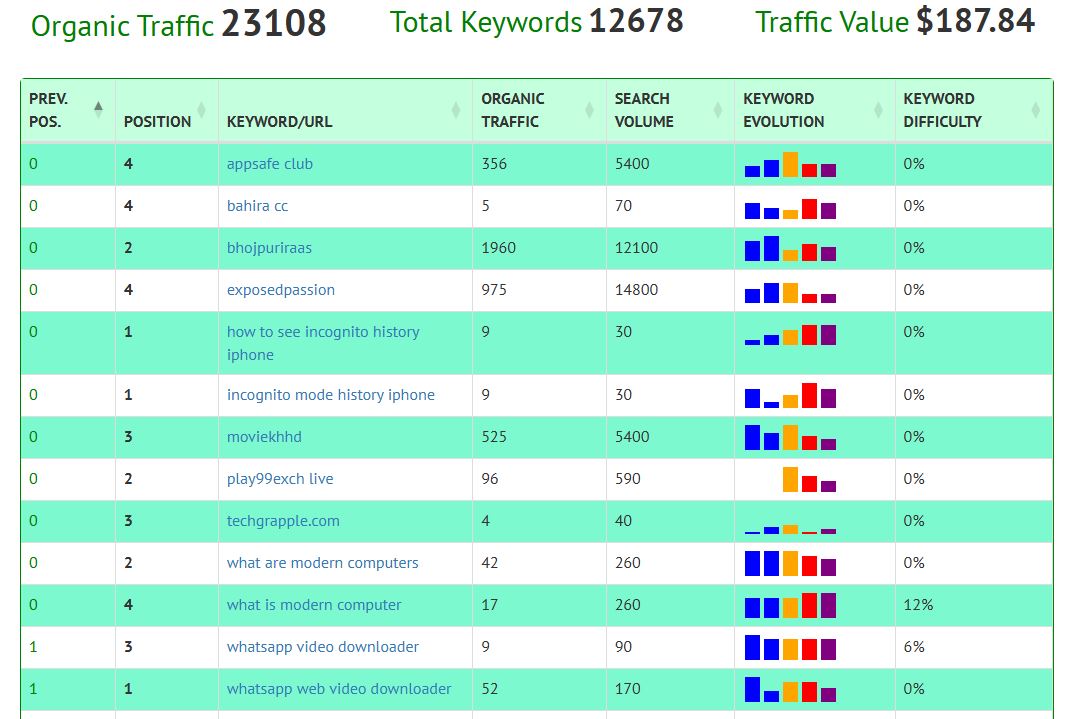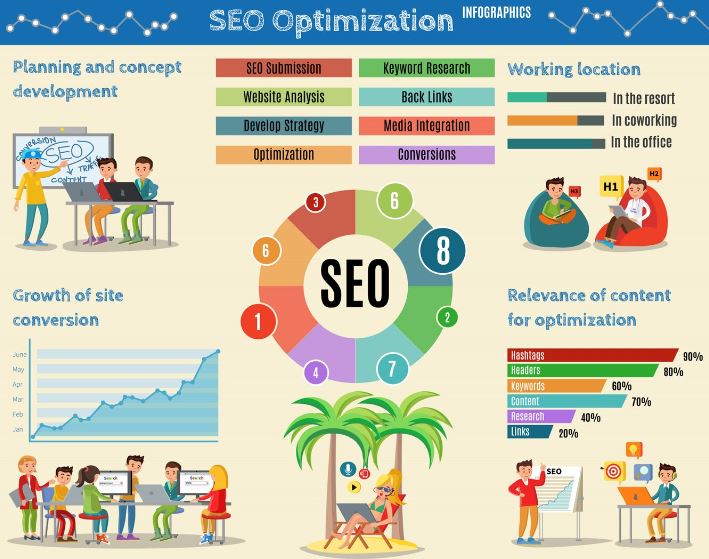
In the world of search engine optimization (SEO), understanding keyword intent is crucial for creating content that meets users' needs and ranks well in search engine results pages (SERPs).
Keyword intent, also known as search intent, refers to the purpose behind a user's search query. By grasping the different types of keyword intent, marketers and content creators can tailor their strategies to better serve their audience and improve their SEO performance.
The Four Types of Keyword Intent
There are four main types of keyword intent that SEO professionals commonly recognize:
- Informational Intent
- Navigational Intent
- Commercial Intent
- Transactional Intent
Let's delve into each of these types to understand their characteristics and implications for content strategy.
Informational Intent
Informational intent is perhaps the most common type of search intent. Users with informational intent are looking to learn something, answer a question, or gather information on a particular topic. These searches often begin with words like "how to," "what is," "why," or "definition of."
Examples of informational intent keywords:
- "How to bake a chocolate cake"
- "What is climate change"
- "Why do cats purr"
Content that targets informational intent should be comprehensive, clear, and educational. It's an excellent opportunity to establish your website as an authoritative source in your field. Blog posts, how-to guides, and informative articles are ideal for addressing informational queries.
Navigational Intent
Navigational intent refers to searches where users are looking for a specific website or webpage. These searchers already know where they want to go; they're just using a search engine as a shortcut to get there.
Examples of navigational intent keywords:
- "Facebook login"
- "Amazon customer service"
- "Nike official website"
For businesses, optimizing for navigational intent primarily involves ensuring that your website appears at the top of search results for your brand name and variations of it. This includes having clear, descriptive titles and meta descriptions for your main pages.
Commercial Intent
Commercial intent, sometimes called commercial investigation intent, involves users who are in the research phase before making a purchase. They're looking for information about products or services but aren't quite ready to buy.
Examples of commercial intent keywords:
- "Best smartphones 2024"
- "Canon vs. Nikon cameras"
- "Top-rated Italian restaurants in New York"
Content targeting commercial intent should provide detailed comparisons, reviews, and product information. Listicles, comparison charts, and in-depth product reviews are effective formats for addressing these queries.
Transactional Intent
Transactional intent represents searches from users who are ready to make a purchase or complete a specific action. These keywords often include terms like "buy," "order," "purchase," or "discount."
Examples of transactional intent keywords:
- "Buy iPhone 13 Pro Max"
- "Book hotel in Paris"
- "Subscribe to Netflix"
For transactional intent, your content should focus on converting the user. This includes optimizing product pages, creating compelling calls-to-action (CTAs), and ensuring a smooth checkout process.
The Importance of Aligning Content with Keyword Intent
Understanding and targeting the right keyword intent is crucial for several reasons:
- Improved User Experience: By providing content that matches the user's intent, you're more likely to satisfy their needs, leading to a positive user experience.
- Higher Conversion Rates: Targeting the right intent means you're attracting users at the right stage of the buyer's journey, potentially leading to higher conversion rates.
- Better Search Engine Rankings: Search engines aim to provide the most relevant results for users. Content that aligns well with search intent is more likely to rank higher in SERPs.
- Reduced Bounce Rates: When users find exactly what they're looking for, they're less likely to immediately leave your site, reducing bounce rates.
- Increased Authority: Consistently providing valuable, intent-matching content can help establish your site as an authority in your niche.
Implementing Keyword Intent in Your SEO Strategy
To effectively use keyword intent in your SEO strategy:
- Conduct thorough keyword research to understand the intent behind your target keywords.
- Analyze SERPs for your target keywords to see what type of content is currently ranking.
- Create a content plan that addresses all types of intent relevant to your business.
- Optimize existing content to better match the intended search intent.
- Use appropriate calls-to-action based on the intent of the page.
- Regularly review and update your content to ensure it continues to meet user intent and search engine criteria.
Example of Using Lookkle.com Keyword Research Tool
Here's an example of how it could be used:
Steps to Use Lookkle.com Keyword Research Tool:
- Visit the Lookkle.com keyword research tool.
- Enter a keyword or topic. For example: "healthy smoothie recipes".
- Analyze the results:
- Search volume: Let's say it shows 5,000 monthly searches.
- Keyword difficulty: Suppose it's 45/100, indicating moderate difficulty.
- Search intent: Informational (people are looking for information on how to make healthy smoothies).
- Examine key features:
- Related keywords: "weight loss smoothies", "fruit smoothies", "green smoothies".
- Frequently asked questions: "What are the best ingredients for healthy smoothies?", "How to make smoothies without added sugar?".
- Search trends: You notice there's an increase in searches during summer months.
- Use this information to:
- Create content that answers frequently asked questions.
- Optimize your web page by including main and related keywords.
- Plan seasonal content to take advantage of search trends.
- Adjust your content strategy to meet users' informational intent.
This example shows how you could use the Lookkle tool to research and optimize content related to healthy smoothies, adapting it to users' search needs and intentions.
Tips on SEO and Online Business
Next Articles
Previous Articles















